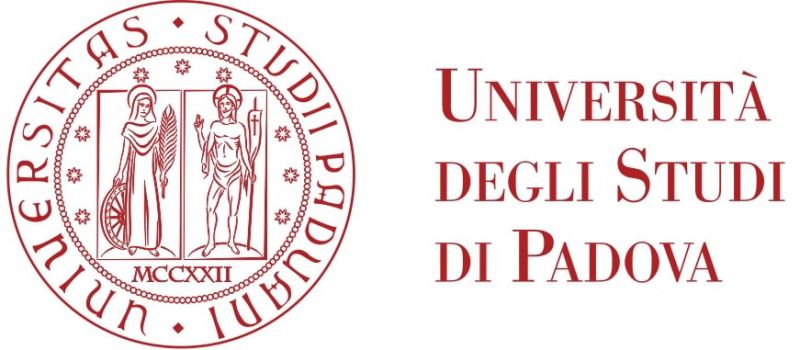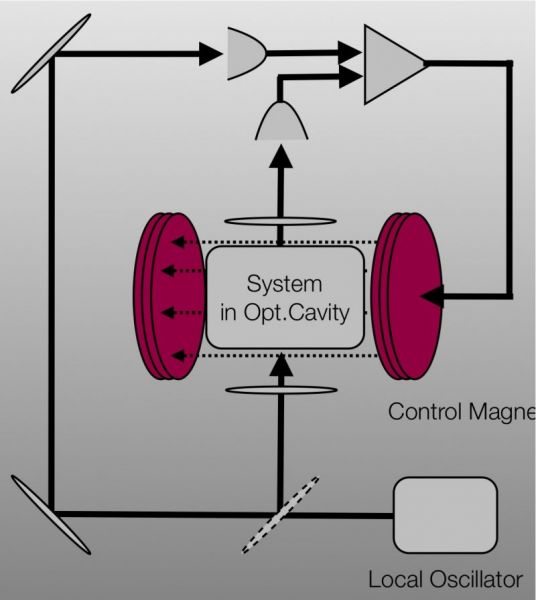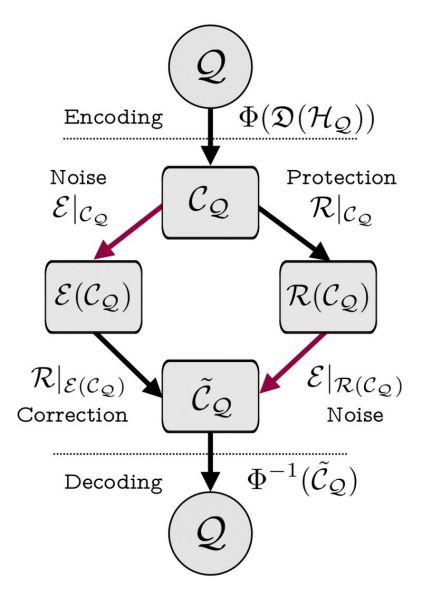

Quantum Control and Quantum Information
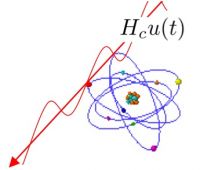
In order to exploit the peculiar features of quantum information processing for real-world applications, one needs physical support, i.e. a quantum device suitable to encode, process, store and “read-out†quantum information. Most of the tasks we need to address in order to realize a quantum computer can be reformulated in the framework of control and estimation theories, once the appropriate physical model has been provided. Clearly, the information-processing applications are not the only ones appealing to a control engineer. Controlling a physical system at its very fundamental level is a charming challenge by itself, and a compelling problem for many experimentalists.
|
RESEARCH AREAS |
|
|
Quantum Control of Open Systems
Dynamical models of quantum controlled systems present some distinctive features: The state space is compact, the control action is bilinear, and the measurement influence the state of the system. Moreover, they are heavily affected by noise, which represent a severe obstacle towards most of the typical control tasks. We are mainly interested in exploring the various ways the environment influences the dynamics, interacts with the control and the measurement actions, and can be either suppressed or exploited as a resource.
Collaborations: C. Altafini (SISSA), S. Schirmer (Cambridge), L. Viola (Dartmouth) |
|
|
Quantum Information Encoding and Protection
The distinctive features of quantum systems, most notably the possibility of preparing a system in a superposition of different states, has been proven to be a potential advantage in developing a new generation of information processing devices. Many candidate physical systems have been proposed to this aim, each one of them presenting advantages and problems. No matter which system is to be chosen, however, it shall encode a certain amount of quantum information, keep it protected from the action of noise for a sufficiently long time, and allow for decoding and measurements. We study the mathematical, device-independent structure of good quantum information representation, in the effort of developing efficient algorithms that can optimize information processing in large quantum systems.
Collaborations: L. Viola (Dartmouth)
|
|
APPLICATIONS |
 |
Quantum communication systems
In collaboration with the quantum optics group (Prof. P. Villoresi), the telecommunication group at the Dept. of Information Engineering, and the astronomy group of Prof. C. Barbieri, we aim to develop new technologies for establishing an earth-space quantum communication channel, and new high efficient classical communication links by using quantum encodings. Funding: University of Padova strategic project “Quantum Futureâ€, Dept. of Information Engineering strategic project QUINTET. |
 |
State preparation in solid-state quantum systems
Long-time dynamics and asymptotic behavior of driven quantum dynamics in solid state systems are of key interest in the realization of a new generation of scalable quantum information processing devices.
|
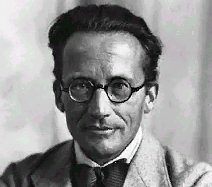 |
Schroedinger bridges and their application to quantum information.
The mathematical structure of Markovian stochastic dynamics is investigated, in the effort of deriving new results of interest for the quantum information community.
Funding: University of Padova research grant CPDA080209/08: “Schroedinger Bridges for Quantum Channels: A New Approach to Information Encoding and Control Designâ€. |
|
PAST PROJECTS |
|
|
|
|
|
Control of Quantum Systems ("Controllo di Sistemi Quantistici" ) Funding: University of Padova
Duration: 2000-2002
|

